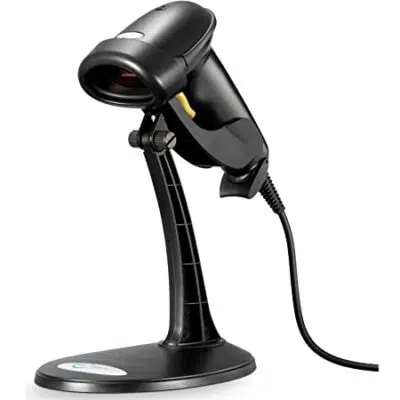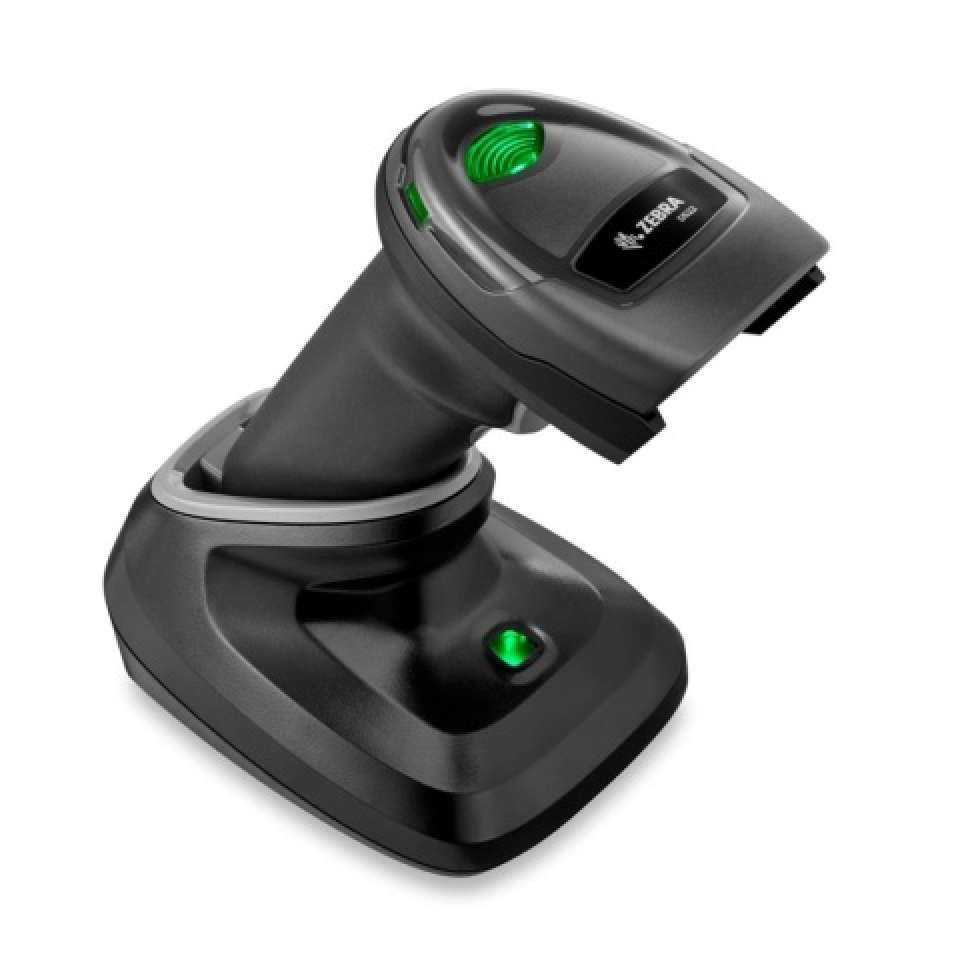Barcodes Scanners Ideal for Point-of-Sale
Choosing the Right Barcode Scanner for Your Organization Demands
Selecting the appropriate barcode scanner for your company calls for a nuanced understanding of your details operational demands and environmental problems. Elements such as scanner type, speed, and compatibility with existing systems play an essential role in establishing the best selection. Moreover, considerations around durability, connectivity, and the overall price of possession can substantially influence long-term efficiency. Understanding these components is essential, yet numerous services forget crucial facets that can affect their total productivity. The next action in this process could make all the difference for your operations.
Recognizing Barcode Scanner Kind
When it pertains to choosing a barcode scanner, understanding the various kinds readily available is crucial for meeting specific company needs. Barcode scanners can be categorized into several kinds, each made for various applications and settings.
Fixed-mount scanners, on the various other hand, are created for high-volume scanning applications, typically found in setting up lines or checkout counters. These scanners are placed in a stationary placement, allowing for fast scanning of multiple products in sequence.
Another kind is the mobile computer, which integrates scanning capacities with computing power. These devices are excellent for field procedures or warehouse administration, enabling data collection and real-time supply tracking. Furthermore, there are commercial scanners that are built to stand up to rough environments, such as severe temperature levels or exposure to dust and wetness.

Trick Features to Think About
What necessary attributes should businesses prioritize when selecting a barcode scanner? First and primary, scanning speed is important, as faster scanners boost functional performance, specifically in high-volume atmospheres. The scanner's ability to read various barcode formats is also important; guarantee it sustains preferred kinds like QR codes, UPC, and Code 128 to suit varied stock items.
Resilience is another essential feature, specifically for companies in sturdy setups. Try to find designs that are built to withstand declines, dirt, and wetness. Furthermore, consider the connection options offered; whether you prefer USB, Bluetooth, or Wi-Fi, the right connectivity can improve integration with existing systems.

Examining Your Company Setting
To efficiently pick a barcode scanner, companies have to analyze their certain operational atmosphere. This analysis includes examining the physical format of the work area, the nature of the items being checked, and the typical problems under which scanning takes place. A retail environment may need handheld scanners that can promptly refine transactions at the checkout, while a storage facility setup could profit from ruggedized scanners designed to endure harsher conditions.
Furthermore, think about the quantity of scanning called for. High-throughput settings might necessitate advanced scanning innovations, such as fixed-position scanners or smart phones that can run effectively in busy scenarios. The assimilation capacities with existing supply management systems also play an essential role; guarantee the chosen scanner can perfectly link with software application systems in use.
Moreover, examine the capacity for growth and scalability. A scanner that meets present demands might not suffice as company expands. By thoroughly assessing these factors, businesses can pick a barcode scanner that not just satisfies instant requirements but additionally supports long-term functional performance and versatility. This tactical method ultimately adds to smoother procedures and enhanced performance.
Budgeting for Your Scanner
Having actually evaluated the functional atmosphere and recognized the certain needs for a barcode scanner, the following action includes careful budgeting to make sure a smart economic investment. Establishing a spending plan begins with determining the general costs related to the scanner, including preliminary purchase rate, operational expenditures, and potential upkeep fees.
When choosing a barcode look at here now scanner, take into consideration the series of available choices, from portable gadgets to fixed-position scanners, as prices can differ considerably. find out here It is vital to stabilize cost with performance; opting for a much more budget-friendly version may cause increased functional inefficiencies if it does not fulfill your business needs.
Along with the hardware, factor in prices associated to software, training, and prospective upgrades. While it may be appealing to lessen ahead of time expense, purchasing a high quality scanner that straightens with your functional requirements can produce long-lasting financial savings via improved efficiency and minimized downtime.
Finally, take into consideration the complete cost of ownership, which encompasses the scanner's life expectancy and prospective resale value. By carefully preparing your budget plan, you can make sure that your financial investment in a barcode scanner will certainly improve your functional efficiency and monetary efficiency.
Combination With Existing Solution
Integrating a barcode scanner with your existing systems is important for maximizing its efficiency and guaranteeing seamless operations. barcodes scanners. A well-integrated scanner improves process effectiveness, reduces errors, and accelerates data handling. When picking a barcode scanner, take into consideration compatibility with your present software application and hardware infrastructure, including your supply administration systems, point-of-sale (POS) systems, and enterprise source planning (ERP) options
Examine whether the scanner makes use of conventional procedures such as USB, Bluetooth, or Wi-Fi, which can help with easy combination. Additionally, analyze whether the scanner's software provides APIs or SDKs that permit modification and integration with exclusive systems. This is especially crucial for companies with unique functional demands.
As your service expands, your systems try these out should be able to accommodate extra scanners and manage raised information volumes without significant reconfiguration. Ultimately, investing in a barcode scanner that perfectly incorporates with your existing systems will certainly produce long-lasting advantages, boosting precision, performance, and total performance within your procedures.

Final Thought
In final thought, selecting a proper barcode scanner necessitates a thorough examination of various variables, including scanner kinds, vital features, and the specific business setting. The best barcode scanner offers as an essential device in streamlining processes and assisting in effective inventory monitoring.